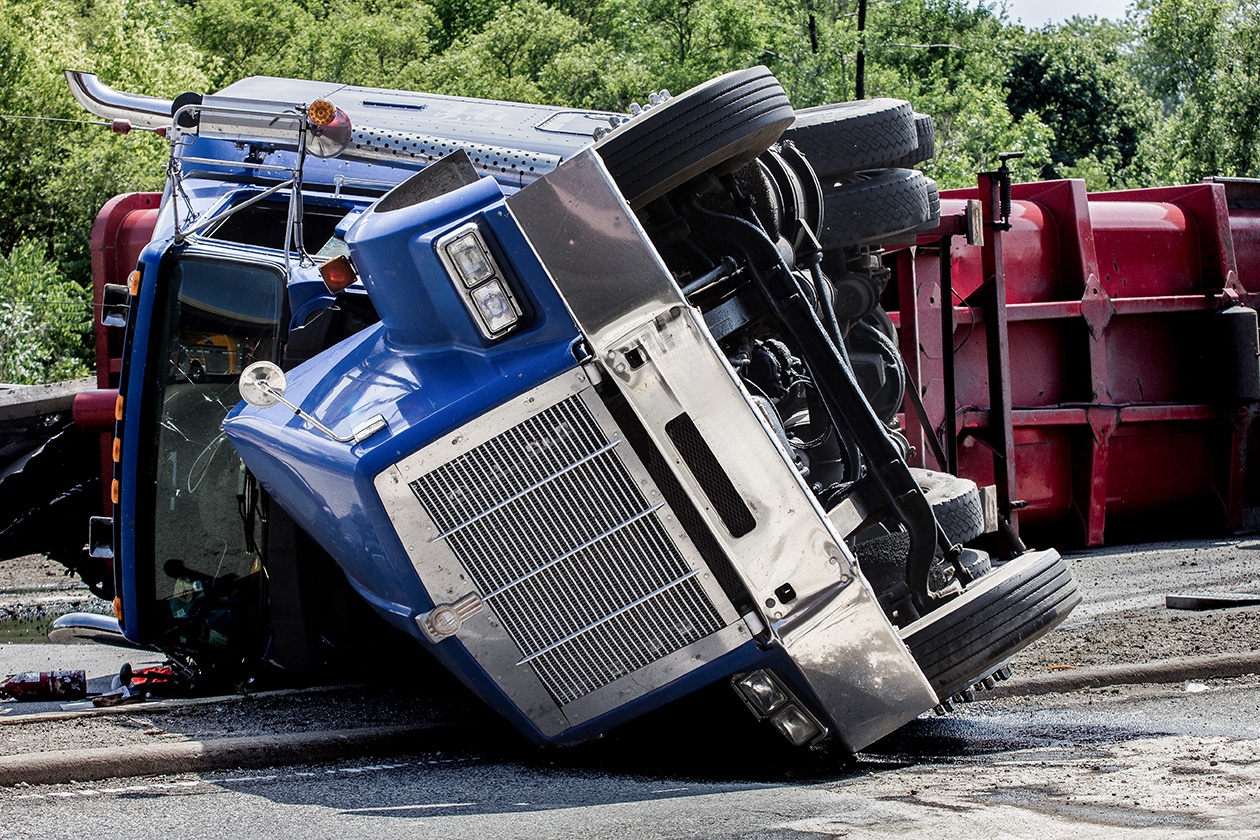Commercial vehicles play a crucial role in our modern economy, transporting goods and services across the country day in and day out. However, with their size and weight, commercial vehicles also pose a significant risk on the road. When accidents involving these vehicles occur, determining liability becomes a complex task.
UNDERSTANDING COMMERCIAL VEHICLES
Commercial vehicles encompass a wide range of vehicles used for business purposes, from tractor-trailers and delivery vans to buses and construction trucks. They are typically larger and heavier than passenger cars, which can make accidents involving them more devastating.
The primary factors that contribute to the complexity of commercial vehicle accidents are:
- Size and Weight: Commercial vehicles can weigh 20 to 30 times more than an average passenger car, leading to significantly more force upon impact.
- Driver Training: Commercial drivers often require specialized training and licensing, but not all drivers adhere to these requirements.
- Regulations: Commercial vehicles are subject to various federal and state regulations, which govern everything from driver hours to vehicle maintenance.
- Company Liability: Many commercial vehicle accidents involve a company, which can complicate liability determination.
FACTORS THAT CONTRIBUTE TO COMMERCIAL VEHICLE ACCIDENTS
Before diving into liability, you must understand what factors contribute to commercial vehicle accidents.
Identifying the following factors can help in determining who is responsible:
- Driver Error: Just like with any vehicle, human error can lead to accidents. This includes issues like distracted driving, impaired driving, and fatigue.
- Vehicle Maintenance: Neglected maintenance can result in mechanical failures like brake malfunctions or tire blowouts.
- Overloading: Exceeding a commercial vehicle’s weight limit can lead to instability and increased stopping distance.
- Improper Loading: Incorrectly loaded cargo can shift during transit, affecting a vehicle’s balance and handling.
- Weather Conditions: Adverse weather, such as rain, snow, or fog, can make driving a commercial vehicle more challenging.
- Road Conditions: Poorly maintained roads or construction zones can contribute to accidents involving commercial vehicles.
ESTABLISHING LIABILITY
Determining liability in a commercial vehicle accident is a multifaceted process. It often involves investigating various elements, such as:
- Driver’s Actions: The first step is evaluating the actions of the commercial vehicle driver. Were they speeding, tailgating, or making erratic lane changes? Did they follow traffic laws and obey posted signs? Gathering evidence from the scene, witness statements, and the driver’s own account can provide crucial insights.
- Vehicle Maintenance Records: Inspecting the vehicle’s maintenance records is essential. Regular maintenance is required for commercial vehicles, and failure to maintain the vehicle properly can lead to accidents. If inadequate maintenance is identified, it can shift liability toward the company or owner responsible for upkeep.
- Company Policies: In many cases, the company that owns the commercial vehicle can share liability. If the company encourages or pressures drivers to meet unrealistic schedules, leading to driver fatigue or unsafe driving practices, they may bear responsibility for the accident.
- Cargo Loading: Improperly loaded or unsecured cargo can cause accidents. If it’s determined that the cargo contributed to the accident, the responsibility could fall on the party responsible for loading and securing it.
- Driver Training and Qualifications: Commercial drivers must meet specific qualifications and receive appropriate training. If a driver is unqualified or inadequately trained, it raises questions about the company’s hiring and training practices.
- Road and Weather Conditions: Sometimes, external factors like poor road conditions or adverse weather can contribute to accidents. In such cases, liability might not solely rest on the driver or company, but also on the entity responsible for maintaining the roads.
- Expert Analysis: In complex cases, experts may be brought in to provide analysis on various aspects, such as accident reconstruction, mechanical failure, or weather conditions. Their findings can be instrumental in establishing liability.
LEGAL RAMIFICATIONS
Once liability is determined, legal actions can follow. These actions can include:
- Insurance Claims: The injured party or parties can file claims with the commercial vehicle’s insurance company.
- Personal Injury Lawsuits: If insurance claims do not adequately cover the damages, injured parties can file personal injury lawsuits against the driver, company, or other responsible parties.
- Criminal Charges: In cases of extreme negligence or violations of regulations, criminal charges may be filed against the driver or the company.
Commercial vehicle accidents are often complex, involving multiple parties and factors. Determining liability requires a thorough investigation into the driver’s actions, the vehicle’s maintenance history, company policies, cargo loading practices, driver qualifications, and external conditions. Once liability is established, legal actions can be pursued to compensate the injured parties.
If you find yourself involved in a commercial vehicle accident, it’s crucial to consult with an experienced attorney who specializes in personal injury cases. At Potts Law Firm, we understand the complexities involved in determining liability in commercial vehicle accidents.
Our team of experienced personal injury attorneys in Houston, Texas, is dedicated to helping accident victims like you. We have the expertise and resources to guide you through the legal process, ensuring your rights are protected and that you receive the compensation you deserve.
Contact us online to schedule a consultation or give us a call at (888) 420-1299.


